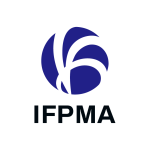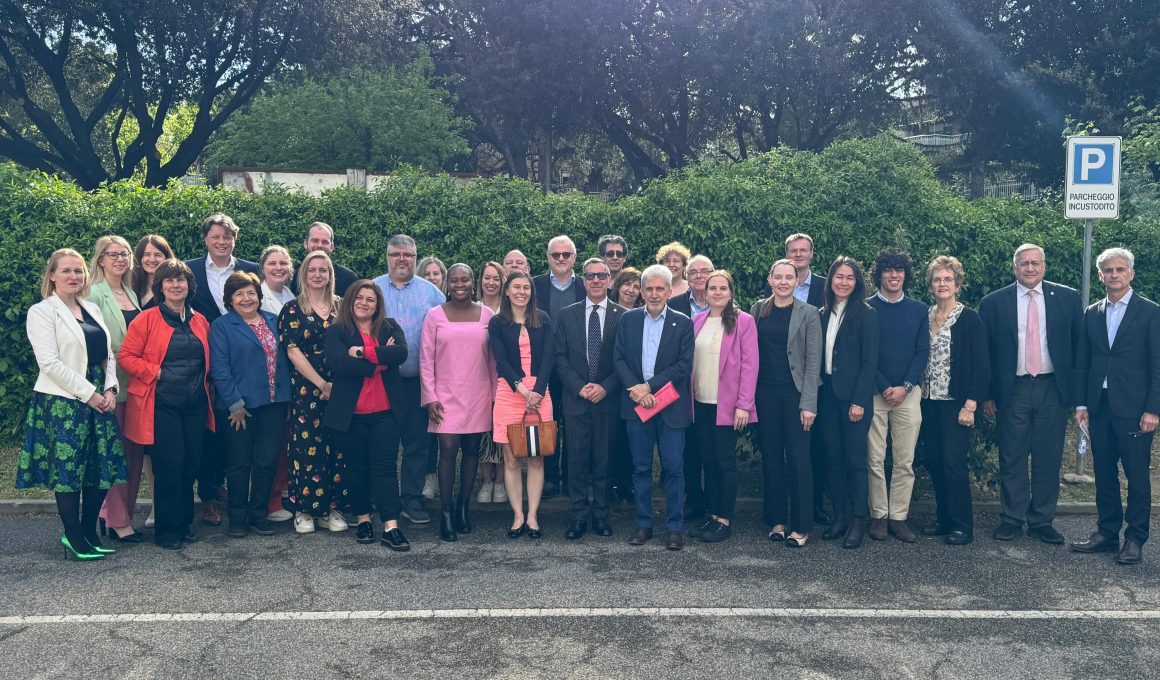by Giuliana Miglierini

Pharmaceutical Technology Transfers (PTTs) play a fundamental role in supporting innovation and competitiveness. Successful PTTs consist of many complementary actions, starting from building a robust, stable and predictable intellectual property (IP) framework. Another key issue is represented by the ability to find the right industrial partner in the host country to develop the product for the local market.
PTTs have been the object of a statement by the International Federation of Pharmaceutical Manufactures and Associations (IFPMA) at the 36th meeting of WIPO’s Standing Committee on Patents, on 17 October 2024.
Key factors for a successful PTT
IFPMA underlines the importance of entering into PTTs on a voluntary and mutually agreed basis. The process may turn quite lengthy and require significant resources, both in financial terms and available expertise. It may take several years to transfer a process developed in a lab to become a sustainable industrial process. This requires a deep understanding of used cutting-edge science and technologies, coupled with expertise in manufacturing and adherence to the highest regulatory standards for safety and quality of the final medicine/vaccine. This is especially important in order to produce, since the very early development, data useful to support the request for marketing authorisation.
Other factors to be considered on a wider global scale include the possibility of running open trade and the removal of trade restrictions and tariffs. Supply chains should be strengthened both upstream and downstream, including streamlined customs regulations and regulatory systems at the international level.
Sharing of best practices for win-win PTTs
Critical enabling conditions for PTTs from the global perspective were addressed in a position paper published by IFPMA in November 2021. The report updates the previous version, dated 2015.
“Through technology transfer, R&D-based pharmaceutical companies are helping partner companies around the world to make advanced medicines and vaccines for their local markets – said Mr. Eduardo Pisani, IFPMA Director General, presenting the paper -. This stimulates economic and social development, while also contributing to the health of recipient countries’ populations. With appropriate government encouragement and continued engagement by our members, the benefits of this approach could be extended to more countries. WHO Member States have asked us to share our best practices in this area, and this is what our new paper delivers.”
The request of the WHO was aimed to support the implementation of its Global Strategy and Plan of Action on Public Health, Innovation and Intellectual Property Rights. After introducing the basics of PTT, the position paper provides a detailed checklist for the transfer of technologies. Policy recommendations referring to host countries, source countries and multilateral organisations are also discussed. The experience made during the Covid-19 pandemic is also addressed, as it represented a moment of deep transformation of the TT processes.
The risk of a technology transfer gap
While technology transfer of advanced technologies is considered a key factor for economic development, lower-income countries may not represent attractive partners for pharmaceutical companies, as they may lack many of the enabling conditions for successful TT. IFPMA’s position paper represents a tool made available to policy leaders at the global and national levels to gain the knowledge needed to sustainably manage these R&D gaps and stimulate investment.
The challenging goal for lower-income countries may be tackled by an initial focus on more accessible technologies and the establishment of larger, regional markets based on the mutual recognition of medicine approvals with neighbouring countries. Higher-income countries may assist this process, for example, by making available training and technical knowledge and tools to create, for example, local regulatory bodies. It is the case, for example, of the new African Medicines Agency, which is being developed with the assistance of the European Medicines Agency. Successful TTs also impact the availability and access to innovative medicines and vaccines in the host country.
Ten key elements of a complex equation
According to IFPMA, the existence and enforcement of the rule of law is the first, fundamental requirement needed to address PTT. Host countries should be characterised by political stability and transparent economic governance, together with viable and accessible local markets and clear priorities for economic development. A trusted local partner working on the basis of high ethical standards is also needed. Availability of an appropriate capital market and innovation friendly environment, comprehensive of robust protection of IP rights, as well as data confidentiality, transparency and certainty for investors, licensees and customers, would also be needed. Access to information and the availability of a skilled workforce are other important elements to be considered.
The report identifies four key basic elements for technology transfer. The “Techno-ware” implies the transfer in the host country of the physical objects needed to perform activities (from lab to manufacturing, formulation, analytical controls, packaging, etc.). “Human-ware” refers to the availability of the needed skills, both at the industrial and general practitioner levels. The “Info-ware” includes licensing of the needed techniques and knowledge information, while the “Orga-ware” refers to the organisational and procedural knowledge to operate the technology used to manufacture the chemical or biological medicine/vaccine.
Mechanisms to support PTTs may include foreign direct investment, licensing agreements (i.e. voluntary licensing), royalties and joint ventures, while reliance on “non-market”, philanthropic mechanisms may not provide a sustainable platform. Collaborative scientific partnerships focused on sharing knowledge on diseases highly impacting low- and middle-income countries is another useful tool to support clinical research and technology transfer.
The final recommendations
According to IFPMA’s position paper, the financial support and assistance to build local capacity provided by international organisations is not sufficient to enable PTTs in low-income countries. A tailor-made approach would thus be needed, reflecting the specific kind of health product and the level of development of each country. Additional incentives would help to support projects involving TT and associated capacity-building.
Host countries are expected to motivate local companies to the development of innovations suited to the country’s needs and market. Governments should provide for an adequate national IP system and should allow foreign investments, for example by means of cross-sector collaborations. They should also support the mutual recognition of regulatory and administrative decisions.
On the other hand, source countries should focus on providing access to standard-settings bodies for experts from low- and middle-income countries. Tax deductions should also operate for technology contributions to non-profit entities engaged in technology transfer. Incentives should apply to encourage (temporary) hiring of skilled graduates from low- and middle-income countries. Participation of research teams from these countries in projects may be supported by grant programs.
IFPMA also addressed the role of multilateral organisations, that may establish knowledge hubs on TT aimed to reduce the information gap. Special trust funds could prove useful to support the training of scientific and technical personnel in their countries of origin. Multilateral organisations may also help in sharing best practices on the management of the public-private research interface and cross-sector collaborations.
